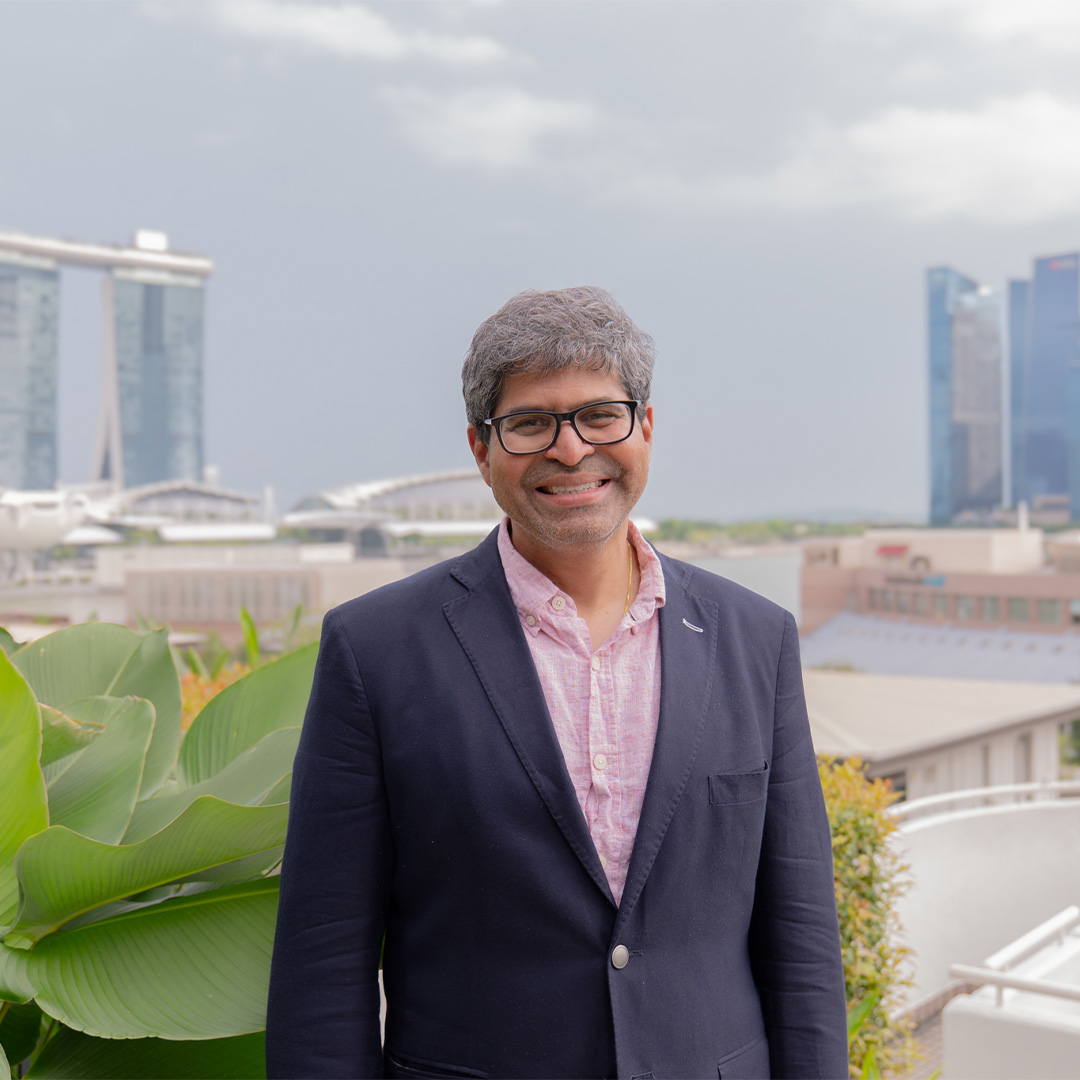How has your personal and professional journey shaped the person you are today?
My work as a surgical oncologist has shown me both the promise and the flaws of modern medicine. Treating patients with cancer has taught me empathy, precision, and persistence. It’s also revealed how much time and energy get lost to inefficiencies. Seeing treatment delayed by paperwork or process made me want to fix the system itself, not just the disease.
That realization led me to found ChatUr AI, a platform designed to make tumor boards more efficient, data-informed, and focused on what matters most. Building it turned me from a clinician into an innovator who thinks about healthcare as a system: how it’s designed, how it flows, and how it can better serve people.
What motivated you to pursue an Executive MBA?
I reached a point where clinical expertise wasn’t enough. To make real change, I needed to understand how decisions are made—through finance, operations, strategy, and more. The Executive MBA gave me that language and toolkit to bridge that gap. It’s helped me move from ideas to implementation, whether that’s leading teams, managing resources, or launching new solutions. I also wanted to prepare for an entrepreneurial or intrapreneurial journey within healthcare innovation.
Why did Georgia Tech feel like the right place for you?
Georgia Tech feels like a place where innovation has purpose. The Scheller Executive MBA combines data-driven decision-making and human-centered leadership, which fits the balance I strive for. Programs like CREATE-X and Sustain-X create space to test ideas, like improving clinical decision support or advancing robotics in surgery. From the first class, I felt surrounded by people who challenge assumptions and want to build things that matter.
How do you successfully balance work, life, and graduate study?
By staying grounded in purpose. Every patient I care for reminds me why the work matters; every class gives me the tools to make it better. I protect time for family and reflection, and I’ve learned to integrate rather than compartmentalize. Surgery sharpens my focus, family time keeps me grounded, and school fuels my curiosity. Routines help, but support from my wife, family, friends, and colleagues has made all the difference.
What’s one “aha” moment from the program that changed how you think or lead?
There were so many of those moments throughout this program. It often felt like every day brought a new “aha.” Accounting with Debbie Turner, finance with Jonathan Clarke, strategy with Frank Rothaermel and Jonathan Giuliano, exploring emerging technologies with Eric Overby, and finally, entrepreneurship with Keith McGreggor and Karthik Ramachandran — each class shifted how I think and lead.
One lesson stands out: great leaders don’t predict the future. They experiment their way into it. That changed my mindset completely, from “prove and defend” to “probe, sense, and respond.” It taught me to lead with curiosity instead of certainty, creating space for my team to test ideas safely and iterate quickly.
Where do you hope your Executive MBA will lead you next?
I hope to bridge medicine and business as a leader in oncology by designing systems that make cancer care more effective and humane. Long term, I see myself guiding innovation at the intersection of medicine and technology, building ventures that empower providers and help patients. Graduating with my Executive MBA isn’t the finish line. It’s the starting point for what comes next.
